Tuesdays: The Awkward Years
Early Sound Films
Programmed by Haley Markbreiter
Essay by Haley Markbreiter
After THE JAZZ SINGER, the industry pushed cinema towards synch sound linear narratives. However, ambitions to make "100% talky!" commercial hits rubbed against poor sound technology, which, as in THUNDERBOLT, would give you full, background noise (a jazz club, laughter) and then: a sudden gap of silence. Talk laced with microphone static. As a result, these films – so desperate to pull you in to another, fully shaped world – are constantly reminding you that the characters you're watching aren't real, are only light, are ghosts, flitting in and out of death.
These films range from attempts at synch sound narrative soundtracks (M, APPLAUSE), musicals (THE SMILING LIEUTENANT, THE GREAT GABBO), to alternate directions that sound could have gone on, had cinema not dedicated itself to complex, multi-character plots. TABU and ENTHUSIASM are prime examples of these lost possibilities. The latter is a symphony of background noise, while the former is a gorgeous music and effects track – the film has no dialogue, and relies on intertitles.
This program uses early sound films to question the relationship between sound and image, and explores what happened when, thanks to a brief historical glitch, sound and image got split. It also provides a death row barbershop quintet, flirty Maurice Chevalier, and Otto, Erich von Stroheim's ventriloquist dummy who wins over all the girls by singing "The Icky Song". "Oh, it smears / And gets all over your hair and ears / And I always drop my lollipop / And it gets all over icky..."
Enjoy.
2013-10-01 @ 7:00 PM
The Great Gabbo
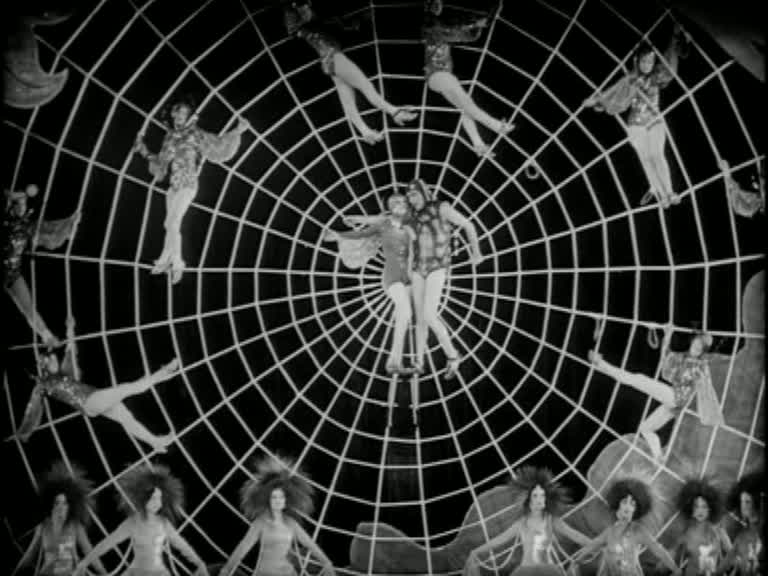
(James Cruze, 1929) · Erich Von Strohiem had just been fired from "Queen Kelly" when he starred in "The Great Gabbo", an "All-Dialog, Singing, Dancing & Dramatic Spectacle" about failure. Gabbo, a self-proclaimed master ventriloquist, is stuck doing third-rate gigs, and blames his girlfriend for it. After finally becoming a big-shot, mean, aloof Gabbo tries to win her back. But, tragically, he can only express what he feels through Otto, his kind, bug-eyed dummy.
runtime: 92 min format: 35mm
2013-10-08 @ 7:00 PM
Thunderbolt
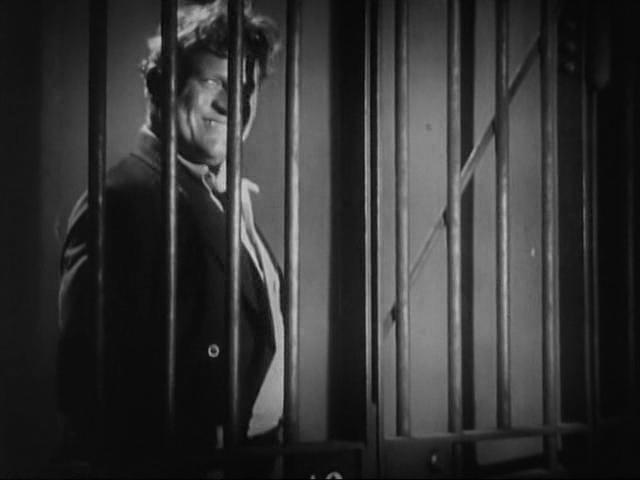
(Josef von Sternberg, 1929) · When Ritzy breaks up with her criminal boyfriend, Thunderbolt, he responds by framing her new squeeze, Bob. Thunderbolt and Bob end up in jail cells next to each other, with Thunderbolt scheming to kill Bob. The film is part noir-flick, part-musical. As Ritzy and Thunderbolt slip away to fight, Sternberg stares at the nightclub singer, who opens her arms to us and sings. The inmates form a barbershop quintet, serenading prisoners as they are led to die.
runtime: 85 min format: 35mm
2013-10-15 @ 7:00 PM
Applause
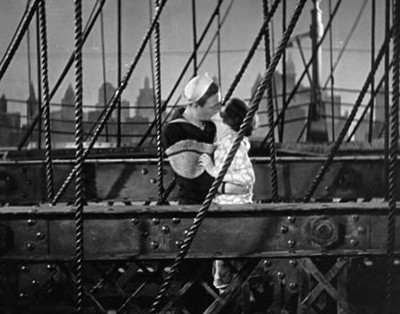
(Rouben Mamoulian, 1929) · Mamoulian's directorial debut represents what was then an entirely new type of movie: the musical! Specifically the "backstage" musical, of which this is one of the first examples. Strikingly differentiated from other early talkies, it uses sweeping camera movements, location footage, and convincing dubbing. The film stars Helen Morgan as a down-on-her luck burlesque singer whose lifestyle threatens her relationship with her beloved daughter.
runtime: 80 min format: 35mm
2013-10-22 @ 7:00 PM
Before Sunrise
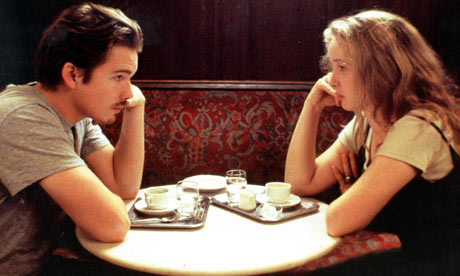
(Richard Linklater, 1995) · As a special feature leading up to this weekend's screening of Before Midnight, we're holding special screenings of the previous two entries in the trilogy! Each film features Ethan Hawke as Jesse and Julie Delpy as Celine. Here is the story of their first meeting... A chance encounter on a train leads them to explore Vienna together. It's an unforgettable romantic tale, and a welcome example of dialogue-driven filmmaking in an era focused on spectacle.
runtime: 101 min format: DVD
2013-10-29 @ 7:00 PM
All Quiet on the Western Front
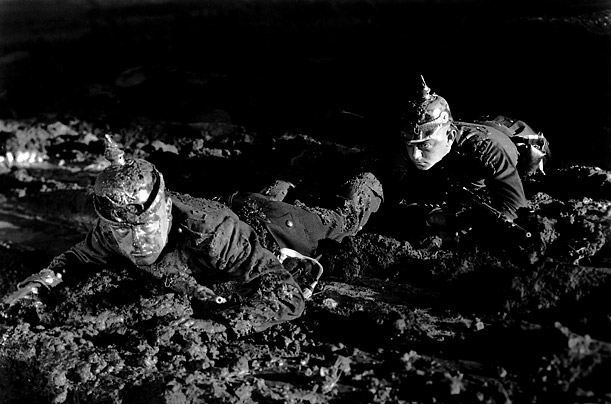
(Lewis Milestone, 1930) · Paul joins Germany's WWI army hoping to win fame and glory. Instead, he finds himself shoved in a trench, fending off rats, waiting for the enemy… Shot on two cameras at once, the talky version ь with dialogue directed by Cukor ь won Milestone Best Director. Meanwhile, this silent version's "music and effects" soundtrack never quite synchs with the images onscreen, giving us jarring, ethereal crowd sounds, snips of speech, gun shots, music and screams.
runtime: 138 min format: 35mm
2013-11-05 @ 7:00 PM
M
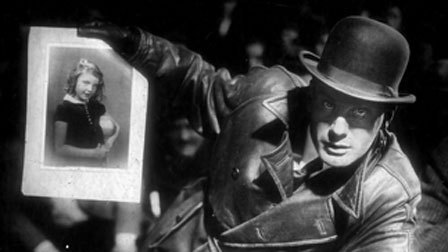
(Fritz Lang, 1931) · Franz Becker is a walking catharsis. With bulging eyes and an irrepressible desire to kill kids, we both pity and fear Franz as the cops and the underworld ь painfully similar in early Nazi Germany ь unite to hunt him down. Unlike most early talkies, "M" has hardly any dialogue. Instead, sound is used to build suspense with off screen noise, tense gaps of silence before sudden noises, and Franz's lilting whistle, performed by Lang himself.
runtime: 110 min format: 35mm
2013-11-12 @ 7:00 PM
The Smiling Lieutenant
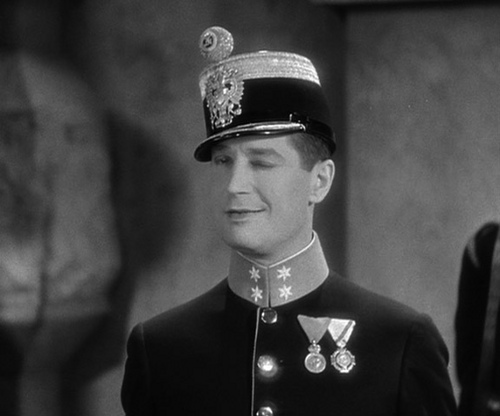
(Kuroki Kazuo, 1966) · Maurice Chevalier plays Lt. Niki, who loves Franzi. But then Niki must wed Anna, virgin Princess. Anna desires Niki not knowing what that means, and she's devastated that the Lt. doesn't like her back. Niki cheats with Franzi, who ь deciding to leave the man she loves ь teaches Anna to act sexy. Niki sees his "new" wife and falls in love instantly. This wrap-up is painful against Lubitsch's comic ending: Niki dances, winks at the audience, hops into bed.
runtime: 89 min format: 35mm
2013-11-19 @ 7:00 PM
Tabu
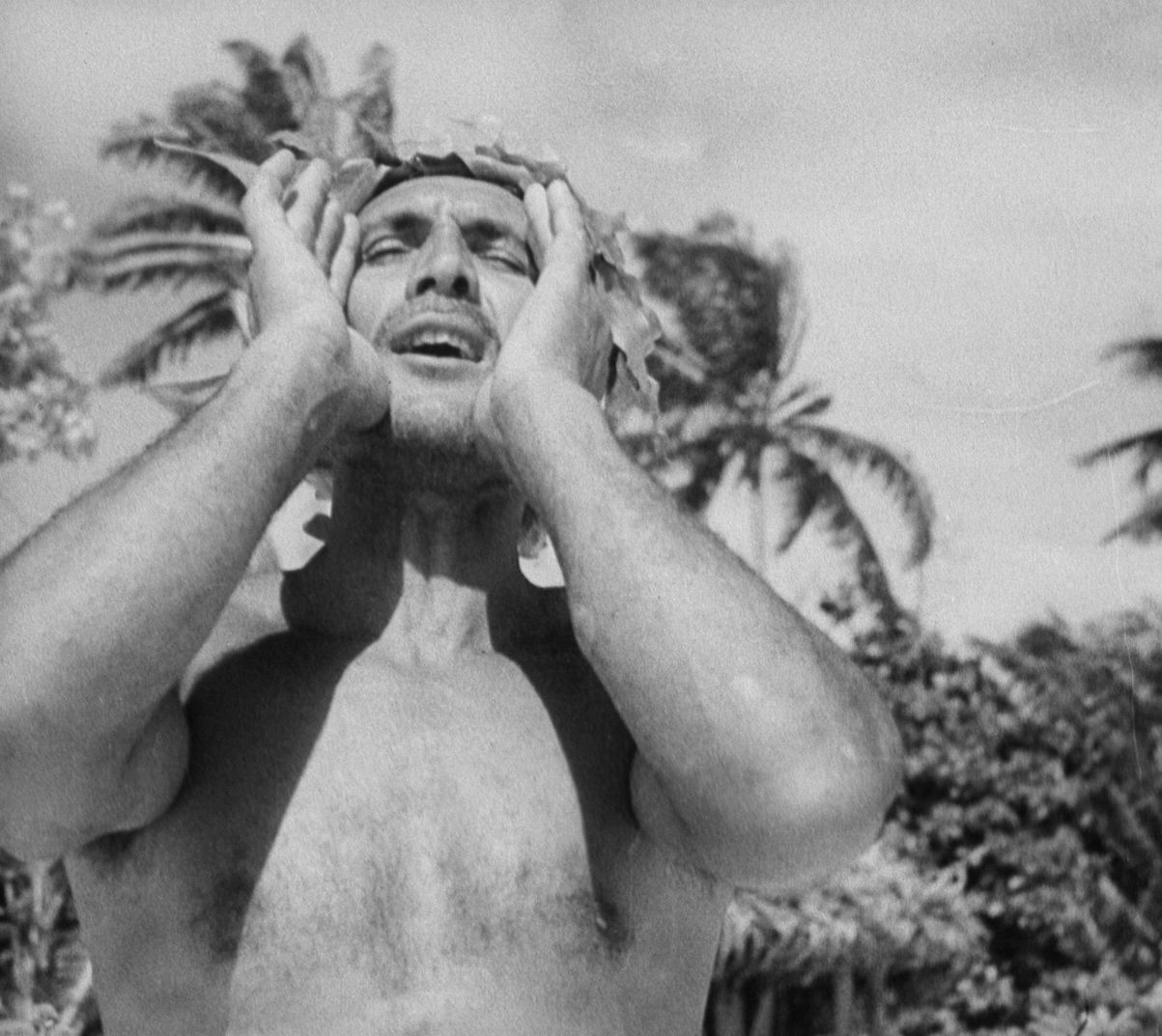
(F.W. Murnau, 1931) · This poetic documentary was begun as a collaboration between Robert Flaherty, a documentary realist, and F. W. Murnau, a master of fantasy and dramatic complexity. Though Flaherty withdrew during production due to a difference in vision, he remained listed as a co-writer. His main contribution was leading Murnau to an island paradise, upon which Murnau made a great film of romantic fatalism and expressionism counterpointing the simplicity of the setting.
runtime: 82 min format: 35mm
2013-11-26 @ 7:00 PM
Enthusiasm
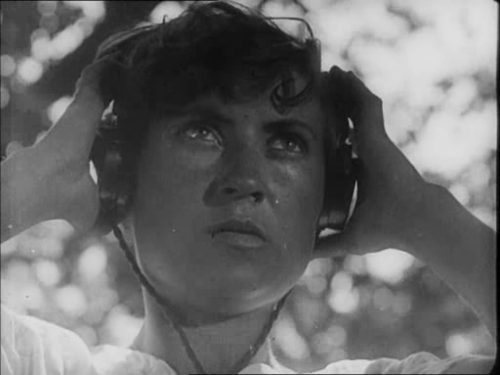
(Dziga Vertov, 1931) · Made during Russia's Five Year Plan, Dziga Vertov used reverse motion, multiple exposures, and rapid intercuts "to grasp the feverish reality of life in the Don Basin, to convey as true to life as possible its atmosphere of the clash of hammers, of train whistles, of the songs of workers at rest." Weirdly enough, Chaplin loved "Enthusiasm", claiming that Vertov's symphony of ambient noise was rivaled only by one other film, "City Lights".
runtime: 67 min format: 35mm
2013-12-03 @ 7:00 PM
Dracula
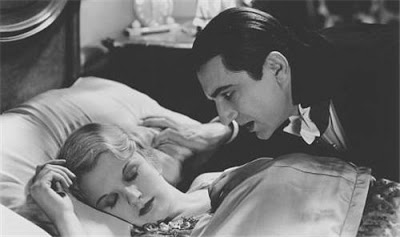
(Tod Browning, 1931) · The one-two punch of Dracula and Frankenstein hit movie audiences like a bombshell in 1931, creating a new breed of horror movie and paving the way for dozens of monster masterpieces (usually featuring Bela Lugosi and/or Boris Karloff) to come from Universal. The title role in tonight's film was originally intended for Lon Chaney, but his untimely death made headway for Lugosi's career-defining performance as the greatest of all on-screen vampires.
runtime: 85 min format: 35mm



